|
The events of this last week which took place in Charlottesville, Virginia, have left most people angry, upset and outraged. We have all seen the video clips and images of the rally and counter-protest which led to the death of one woman and two state troopers and left 19 others injured. I watched along with everyone else and felt a profound sense of sadness as I wondered what happened to bring our country to this level of hate and outrage. On Monday night, I received an email from a No Kill contact in Texas. He wrote to warn me that a common contact of ours who led a non-profit organization had been "outed" as having been present at the white nationalist rally. I thanked him for telling me, but didn’t take any steps to look into it. My first reaction was that surely this was a case of mistaken identity. I told myself I would look into on Tuesday morning. As I watched the evening news, I heard a news story about people being "outed" on Facebook using video clips and images of the rally and violence. The story reported that people were being encouraged to call out those people who attended in support of the "Unite The Right" rally if they saw images or video clips of people they knew. I was sure that there was some error. Surely no one I know would attend a rally in support of bigotry, separation, discrimination and separation. I was wrong. Most of us interact with people in our lives with whom we do not share they same political beliefs. That truth has been no more evident in my life than in the last year. The political divisions in our country are wide. I keep my beliefs to myself for the most part. I know there are people with whom I have little in common in terms of my political positions and I tend to just stay in my own lane of travel and let other people do the same. There is a vast difference between having a general awareness that someone you know has vastly different political views than your own and having any concept at all that they would align themselves with groups of people whose values are both repugnant and intolerable to most of us. It was suggested to me that many of the people who attended the rally in Charlottesville did so in order to stand up for free speech and protect Constitutional rights. I firmly believe in the First Amendment right to free speech. I just draw a line personally when that speech is hate speech of the KKK, white supremacists and Neo-Natzis. I had no idea. 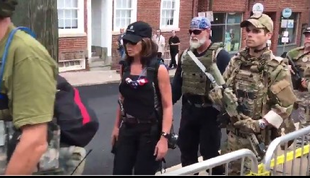 I have never met Debi Day, the founder of No Kill Nation, Inc. We have connected by email and on social media. We’ve interacted about No Kill philosophies and about issues related to breed bans of pit bull type dogs in Miami-Dade county and across the nation. I held her in high regard due to her commitment to advance No Kill philosophies to save the lives of shelter animals, much of which was shown through her financial support of No Kill Conferences and her financial support toward the production of the documentary film about the No Kill movement which was released in 2009. I was acquainted with her due to common interests, but I would not say that I really knew her. On Tuesday morning, August 15, 2017, I severed all ties with Debi and with No Kill Nation, Inc. I have absolutely zero tolerance for the behavior of any person who promotes, defends of enables voices of hate, bigotry and separation. I will not be associated with that behavior in any way. Period. The No Kill Nation website and Facebook page are now gone. I fully recognize that there are opponents of No Kill philosophies and opportunists who are using the revelations about Debi Day’s behavior and associations to try to taint the entire No Kill subject. There is really no discussion to be had on this topic. The No Kill movement is bigger than one person. It is bigger than Debi. It is bigger than me. To those who are trying to discredit a social movement the focus of which is saving the lives of animals, I say this: you are wasting your time. No Kill advocates across the country have already banded together to continue to speak with one voice to end the needless destruction of healthy and treatable animals in our nation’s shelters using tax dollars and donations even though many of us are grieving. If you are so incredibly outraged by Ms. Day’s behavior, as am I and are my peers, do something productive with that outrage. Get involved in our own community. Speak out for what you value in your own life. And speak out for the shelter animals who need you to be their voice. Saving lives is not a partisan issue at all and it has nothing at all to do with politics beyond holding municipalities accountable for how they spend our money. I stand in solidarity with other No Kill advocates across the country who have spoken out against Debi’s behavior and have severed ties with her. I stand for animals who need my help and for advocates who are working incredibly hard to bring about reform in their own communities. Think about what you stand for and then go do something about it. (rally image courtesy of the Richmond Times Dispatch)
0 Comments
It has been said that if we do not learn from history, we are bound to repeat it. It has also been said that in order to learn from history, it must be factually accurate. When we modify the sequence of events which transpired to get from Point A to Point B, we more often than not will learn the wrong lessons. These statements are universally true regardless of the subject to which we apply them. They take on particular importance in the animal welfare movement and more specifically, in the No Kill movement. The reality is that advocating to save the lives of healthy and treatable animals can be incredibly difficult even if it should not be. The concept seems pretty simple, right? We want to keep healthy and treatable shelter pets alive and do not want our tax dollars or donations used to destroy them. On the surface this may seem like a universally accepted position. The vast majority of Americans think it should be illegal for animal shelters to destroy animals who are not suffering or who are not genuinely dangerous. I have never met a person who has said, "I want my money used to kill animals in need instead of keeping them alive." The concept itself may seem simple on the surface, but putting it into practice is something else entirely. Americans have been housing animals in places we call "shelters" for over 100 years and have been destroying healthy and treatable animals for as long as anyone can remember. Although the number of animals destroyed in our nation’s shelters has declined greatly in the last 40 years, we still kill healthy and treatable animals by the millions. This Orwellian practice is not at all in keeping with our cultural values about companion animals even though many people have come to accept it as some unfortunate reality. We are told that animals die in shelters because we just have too many of them, a statement which is completely untrue. We are also told that animals die in shelters due to the "irresponsible public" who treat animals as if they are disposable and who refuse to spay and neuter pets to keep them from reproducing. There are people who are irresponsible and should never have pets at all, but it is completely illogical to blame the public for the fact that animals die in shelters while at the same time expecting that very same pubic to make better personal choices, adopt animals and foster animals. This whole calcified mind set of "oh well, we just can’t save them all," has led to a culture in which the destruction of perfectly healthy and treatable animals is somehow tolerable and that shelters are given a free pass for performing some bizarre public service which is unavoidable. When those shelters are operated by municipalities, or on behalf of municipalities, the amount of time and energy expended to defend the killing can be quite mind boggling. I first introduced Huntsville city officials to No Kill philosophies in late 2008 at a time when three out of every four animals entering the shelter were destroyed. My personal efforts failed. The shelter director is a veterinarian. The mayor never said as much, but my impression is that he had complete confidence in his department head and was sure that she would not destroy animals needlessly. The mayor’s chief of staff once told me in an email that there was no greater champion for animals in our community than the shelter director. She may have taken an oath to use her "scientific knowledge and skills for the benefit of society through the protection of animal health and welfare," but she was still killing healthy and treatable animals by the thousands. In early 2012, I decided to form an animal welfare advocacy group (which is essentially a political advocacy group) called No Kill Huntsville. The members of our coalition had spent years working independently of each other to bring about change in the region and had failed. The time had come to join forces and work together to speak with one voice. We spent most of our first year as a coalition conducting research and interacting with successful No Kill shelters and communities across the country. We knew we would have one first chance as an organization to convince city officials that Huntsville could become a No Kill community and the destruction of healthy and treatable animals could end. In early 2013, the city was offered help from subject matter experts in order to do better and learn more about how proven No Kill programs could be implemented by the shelter. Although we would have paid for the help and it would have cost the city nothing but time, the help was refused. The city's position at that time was that the shelter was doing a beautiful job and doing all it could to save lives - even when the live release rate was just over 40 percent. We first took this issue to the public in the summer of 2013, having reached the conclusion that city officials were satisfied with how the animal shelter was operating and feeling like we had hit a wall in terms of diplomatic efforts to get the city to change on its own. We believed it would take public pressure and demand to force the city to reconsider spending money on death rather than on life. It was after we took the subject to the public in very visible ways and on an ongoing basis that things began to change. There will always be a degree of dispute about exactly what led to the progress we now see. There have been many factors involved in this process, not the least of which is the arrival on the scene of a new City Administrator who told us in early 2014 that he supported change and that he too wanted the city to save the lives of all healthy and treatable shelter animals. He was, and still is, the key to holding the shelter director accountable for her actions and inaction. We have met with him numerous times over the years to share our research, to applaud progress and to encourage the city to fine tune programs and operations in order to fully embrace the elements of the No Kill Equation (which he once laid out as a drawing similar to the Parthenon). The path taken to get to this point, and the particular struggles faced along the way, are not directly relevant to us here in Huntsville now that we have "arrived" for the most part. But those facts are entirely relevant to communities outside of this one which may look to our progress and wish to replicate it themselves. We do a disservice to those places if we behave as if our progress here was achieved by reaching across differences, finding common ground and all working together to seek a newer and better future. Yes, this community has achieved tremendous success. But it took years longer than it would have taken had the city simply decided to act on its own many years ago and without the necessity of a group like ours to demand accountability from the city, a process which has taken a great toll on everyone involved. There were literally years when we were both advocating for reform while fending off opponents seven days a week. Some of the most hostile opposition came from shelter employees, shelter volunteers and even leadership of otherwise well-respected rescue groups. While we took painstaking efforts to keep our communications diplomatic and respectful, focusing on municipal accountability and not on individual people, those who opposed our mission did not. Opponents engaged in personal attacks, the low point of which was a hate page on social media which included juvenile and defamatory content. The page was supported by and commented on by the shelter director, a veterinarian who earns a 6-figure salary and who is a public servant. I ultimately filed a formal complaint with the city about her conduct being unbecoming a city employee and in violation of city policies. The hate page was deleted some months later with the help of the City Administrator after we deduced the identity of the shelter employee who created it. Huntsville is getting a lot of attention these days across the country as a result of the progress made at our municipal animal shelter. People who live and work here are thrilled with the progress, as they well should be. Shelter animals are now safer here than they have ever been in the history of the community as save rates have reached and then exceeded 90% of all shelter intake. Huntsville is being referred to as an example of what can happen "in the south" with a shift in focus and using the compassion which exists in an animal loving community. The city has yet to make a public declaration of intent that healthy and treatable animals are no longer at risk here moving forward, regardless of the circumstances we may face. I hope a day will come when the city does just that; there is really no good reason to avoid making the commitment to a standard which has already been achieved. We were told by the city administrator recently that no healthy and treatable animals have been destroyed for space in almost three years. For all of our applause of the city for the progress which has been made, the reality in our community is that this process has been a struggle and did not come easily. If you have been told or have heard a version of the history which led to this progress and the story begins with the City of Huntsville voluntarily making sweeping changes, you have been told a history which is devoid of facts and which has been sanitized. If you have been told that a consulting group called Target Zero was the key to change in this city, I would dispute that as well. The portion of the history which involves Target Zero is the subject of another blog and I will not recount the events there. The short version is that Target Zero came on scene for a short period of time after numerous changes had already been made and has since departed as the members of my coalition continue to work with city officials and keep the public engaged. Target Zero is now marketing itself using Huntsville as an example of what it can do in other communities. I find this deceptive as long as only part of the story is told. I think it is possible people will be misled into believing they can replicate the progress made here simply by hiring a consulting organization which is backed by influential people and organizations which support Target Zero financially. This rewriting of history has occurred related to other locations like Reno and Austin and it is not uncommon in this social movement. Perhaps it just makes a lot of people uncomfortable to think about some of the more unpleasant parts of those stories which relate to conflict and struggle. Perhaps it is easier to make it sound like there was opposition now that so many lives are being saved. That opposition is difficult to defend now and our most hostile critics have gone silent. We know we have had a role in the history here and firmly believe that but for our advocacy, little would have changed here. We didn't have the advantage of funding from outside sources or a national platform to stand upon. Although some funding would have helped, we had what we needed most: determination to bring change to an area and a commitment to see the process through, no matter the personal cost. Make no mistake - this is not about credit. We have always said that we seek to become irrelevant as a coalition not because we are being ignored, but because we are no longer needed to be boat rockers for community change. We have sat silently on the sidelines while others have taken credit for the changes which have been made here and we plan to continue to do just that. Why? Because we know what we did and we know that our efforts led to the tipping point which allowed change to happen. This is not at all about people and patting each other on the back and it is very much about saving lives. But this is also about being honest about our history here so that others can learn from it and perhaps avoid some of the conflict we endured. Much of what took place here was unproductive and led to a higher body count.
A time will come in the history of our country when all municipal shelters are No Kill shelters and all communities are No Kill communities because that is what the public wants and will demand. I encourage any community which is looking at the progress in Huntsville, Alabama, to take proactive steps to get ahead of this issue and make change voluntarily. Listen to the advocates and animal lovers who come to you with ideas, enthusiasm, research and help. They often know much more about the subject than you may imagine and it is likely they are networked with subject matter experts who can guide and help your community to achieve change not in years but in weeks or months. Invest your time and focus into doing what is right so that energy is spent not on struggle and conflict, but on saving the lives of the animals we say we love and value. I am an Army veteran who works as a paralegal who handles mostly municipal defense and who is an animal advocate. I sometimes lament the fact that I am not able to focus on animal advocacy all the time, but I have found over the years that this combination of experiences makes me a better advocate. I served in the Army for about a decade and got out while I was young enough to get another job and learn a new trade. I fell into paralegal work somewhat by accident, but have done this work for about 25 years. I have worked defending cities, counties and law enforcement authorities for most of that time. Because of this combination of experiences and passion for animal welfare, I have some firm views when it comes to people whom work in animal shelters funded by our tax dollars. There are thousands of nonprofit animal shelters across our country which are managed by individuals and governed by boards of directors. Those people are beholden only to the donors, fosters and adopters who support them, as well as being required to comply with both state and federal laws and regulations regarding nonprofit organizations. They are also required to comply with state and federal laws regarding animal care and welfare. For the most part, the folks who run non-profit shelters can decide how to house and care for their animals for the benefit of their organizations. Shelters which are operated by municipalities, or which are non-profits who hold municipal contracts, are entirely different and the expectations and requirements of those organizations are held to different standards. The people who manage and work at animal shelters operated by cities and counties are public servants. Their compensation and benefits are all paid for through public funds in the form of taxpayer dollars. The people who manage and work at animal shelters operate by non-profits who hold contracts with cities or counties are not strictly public servants in the same manner, but they are also compensated through public funds in the form of taxpayer dollars. Some non-profit animal shelters rely heavily on unpaid volunteer labor, as do shelters operated by municipalities. People who are paid with public funds, whether they are elected officials, public servants or are performing public functions, are - by the nature of their jobs - open to criticism and comment. The reason for this is that they work for us. Of the people, by the people, for the people. When it comes to some forms of public office or public service, we have no problems voicing our opinions about how our money is spent. People complain about pot holes in the road. About the timing of traffic signals. About garbage pick-up. About law enforcement activities. About parks and recreation services. When it comes to these functions of local governments, people normally don't hesitate to make their grievances known and they expect results when they do complain. So why are things any different when it comes to animal shelters and the animal sheltering industry? Not a day goes by that I don't hear someone who is defending an animal shelter where healthy and treatable animals are destroyed. Not a week goes by that I do not learn of someone who is aware of problems in a local shelter, but who remains willfully silent about those problems because they fear retribution for speaking out. That makes absolutely no sense to me. Why is it okay to complain about pot holes in a road, most of which will never cause any vehicle damage, let alone personal injury, but it is not okay to criticize shelters which destroy healthy and treatable pets, a process which is entirely permanent? I realize that the topic of animal sheltering in America is an emotional one. Most of us care deeply about companion animals and we want the best for them. Polls have shown that the vast majority of Americans think it should be illegal for animal shelters to destroy animals who are not suffering or who do not present a genuine public safety risk. As time goes on, we see more and more places across the country embrace proven programs to treat animals in our shelters as individuals and save them from being needlessly destroyed. Although there are naysayers who claim it is not possible to save healthy and treatable shelter animals either because it costs too much or is just too difficult, those arguments fail when we simply look at the growing number of places where animals are saved and where the word "euthanasia" has been restored to the original meaning, as opposed to being used to sugarcoat the process of killing animals who either were, or could have been, someone's beloved pet. When I began my No Kill advocacy in the city where I work in early 2009, the live release rate at the municipal animal shelter was 24%. That means that 3 out of every 4 animals in the shelter were destroyed. When I formed No Kill Huntsville in 2012, the live release rate was 41%. Some progress had been made but not quite 2 out of every 3 animals were destroyed. At this time, the shelter director (who is a veterinarian) had a huge fan base. She told a contact of mine that she and her staff were doing a beautiful job and were doing wonderful things. She claimed that she simply could not do any better. Beauty is, of course, in the eye of the beholder. If my dog had ended up in the shelter at this time, he surely would have been killed and there would have been nothing beautiful about it. It would have been tragic. During the years that followed as No Kill Huntsville took our vision and our No Kill message public, the opposition to our philosophies was constant and hostile. We were taunted and vilified both publicly and on social media. We were told we did not have a right to complain about the shelter operation unless we volunteered at the shelter X number of hours per month, had personally fostered Y number of pets or had adopted Z number of animals. The argument was that we had to be worthy of having the right to exercise our First Amendment free speech rights regarding how our tax dollars were being spent. No, no and no. All of us who pay taxes are not only entitled to comment about how money is spent. We are entitled to ask for better. There is no such thing as a Golden Ticket of Worthiness required to express opinions and even provide constructive criticism when it comes to the manner in which local governments function and how public servants spend our money. Fast forward a few years and the shelter now boasts a live release rate above 90%; some months it is as high as 96%. The people who expended the most time and energy to oppose us have gone silent, although I’m sure they still harbor tremendous resentment toward us. It is easier to attack the message than it is to focus on why the message is necessary in the first place. What happened? The public didn't suddenly become more responsible. I, and the members of my group, did not suddenly jump through hoops to be worthy of exercising our right to free speech related to the shelter. The reality is that our advocacy was a 7-day a week job and we were all running our own shelters, rescue groups, non-profits and businesses already. We could not have met the X, Y and Z criteria even if we had wanted to. What changed was that local officials began listening to the public as a whole as people spoke out and said "I want lives saved" and "we are better than this." We took the subject to the public so that the voices asking for better were not just ours. If you live in an area where healthy and treatable animals are being destroyed using your tax dollars and you want them saved instead, say something. Speak out. And if you live in an area where healthy and treatable animals are being destroyed using your tax dollars and you are either defending that behavior or you remain willfully silent about it, please ask yourself why. Surely the lives of companion animals in need are as important to you as a pot hole in the road or whether or not you sat at a red light for more than 3 minutes. (image courtesy of the City of Kansas City and the City of Olathe)
|
AuthorI am an animal welfare advocate. My goal is to help people understand some basic issues related to companion animals in America. Awareness leads to education leads to action leads to change. Archives
July 2024
Categories
All
image courtesy of Terrah Johnson
|
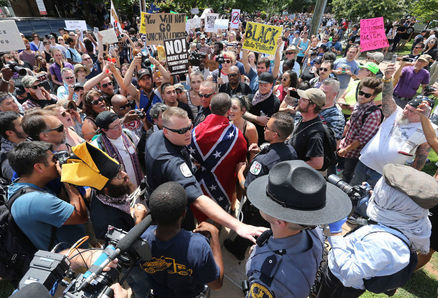


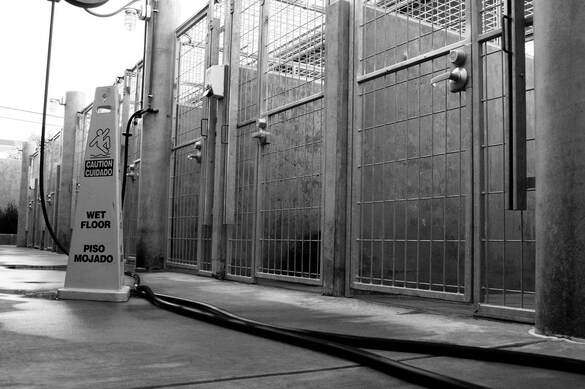
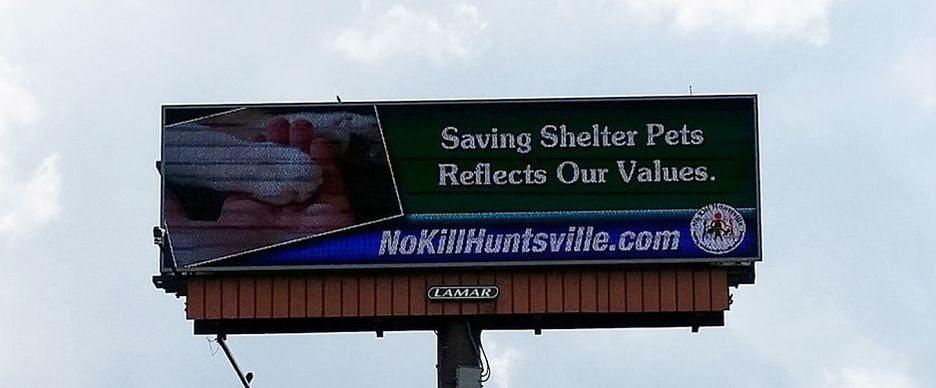

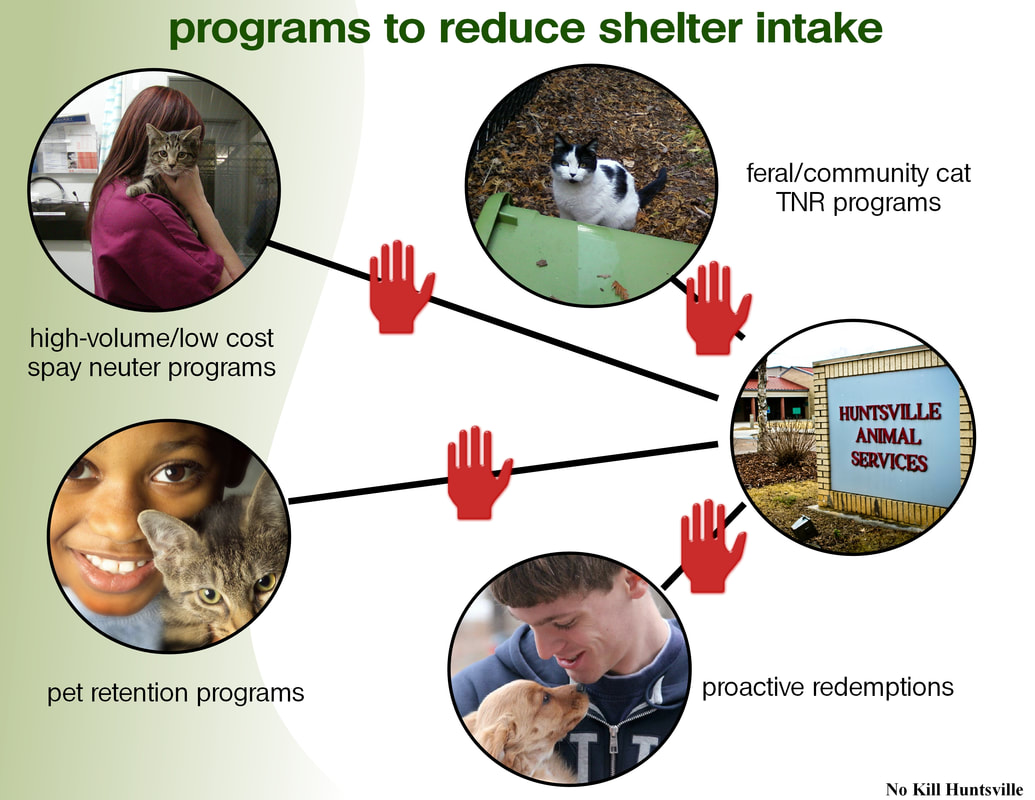
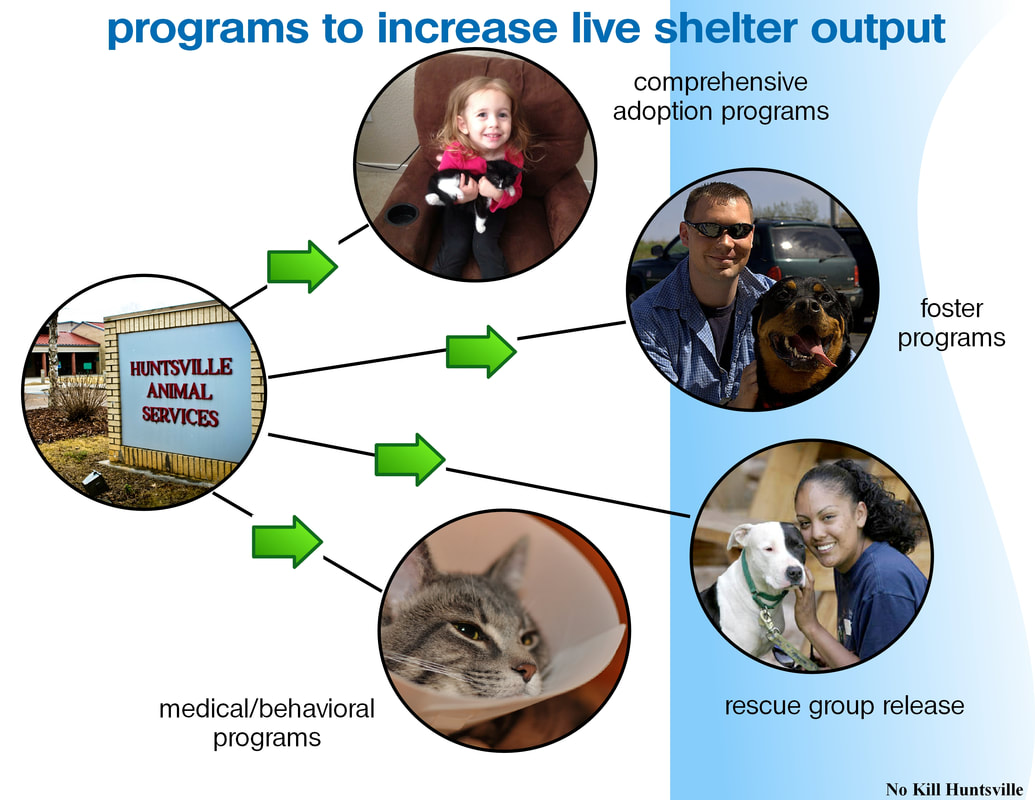

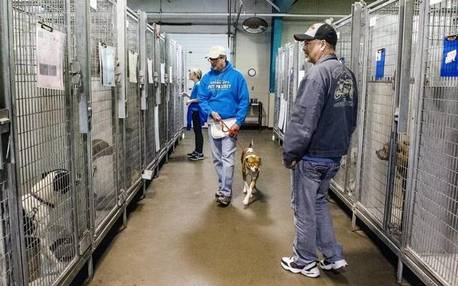
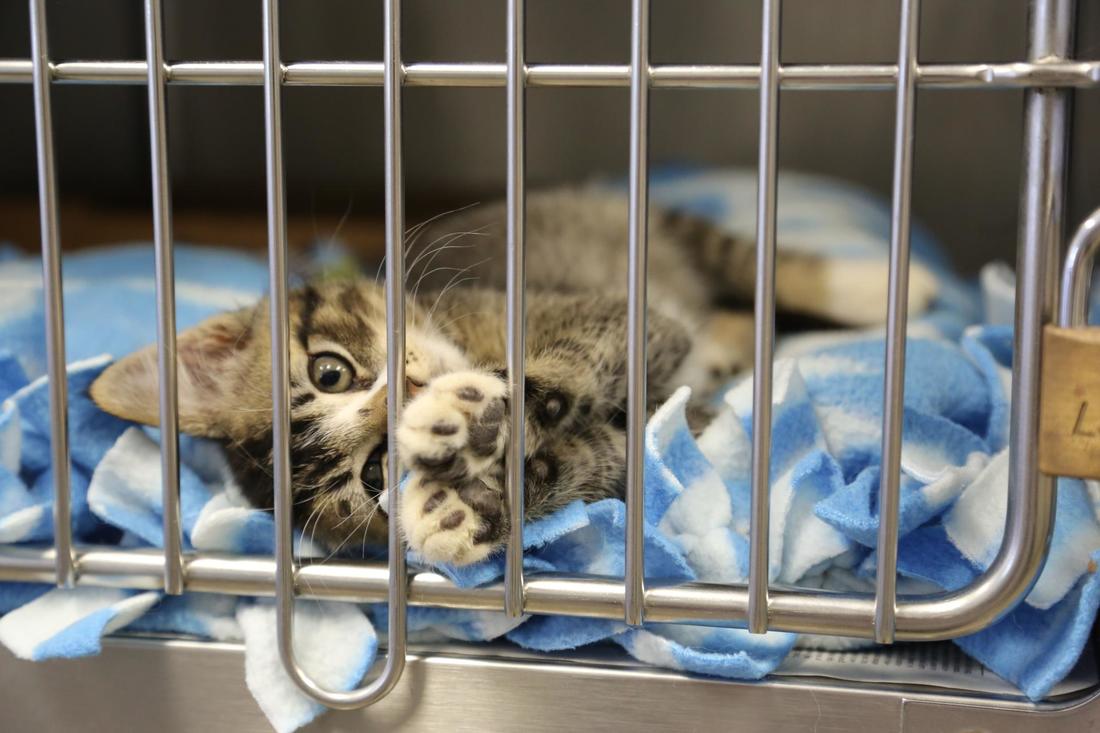
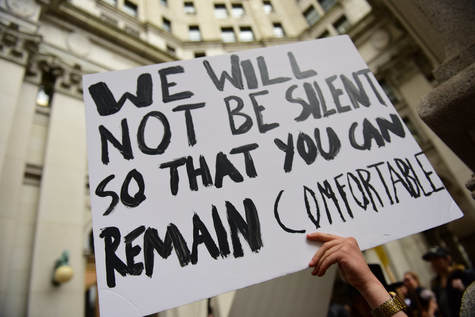
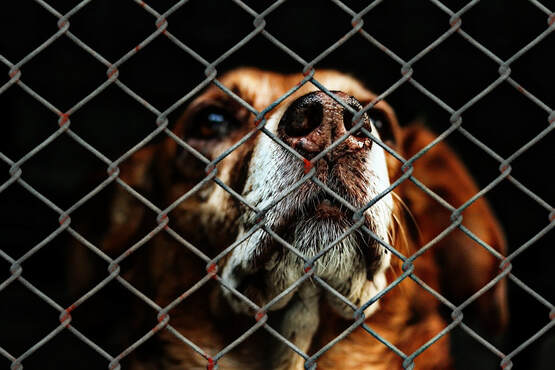
 RSS Feed
RSS Feed